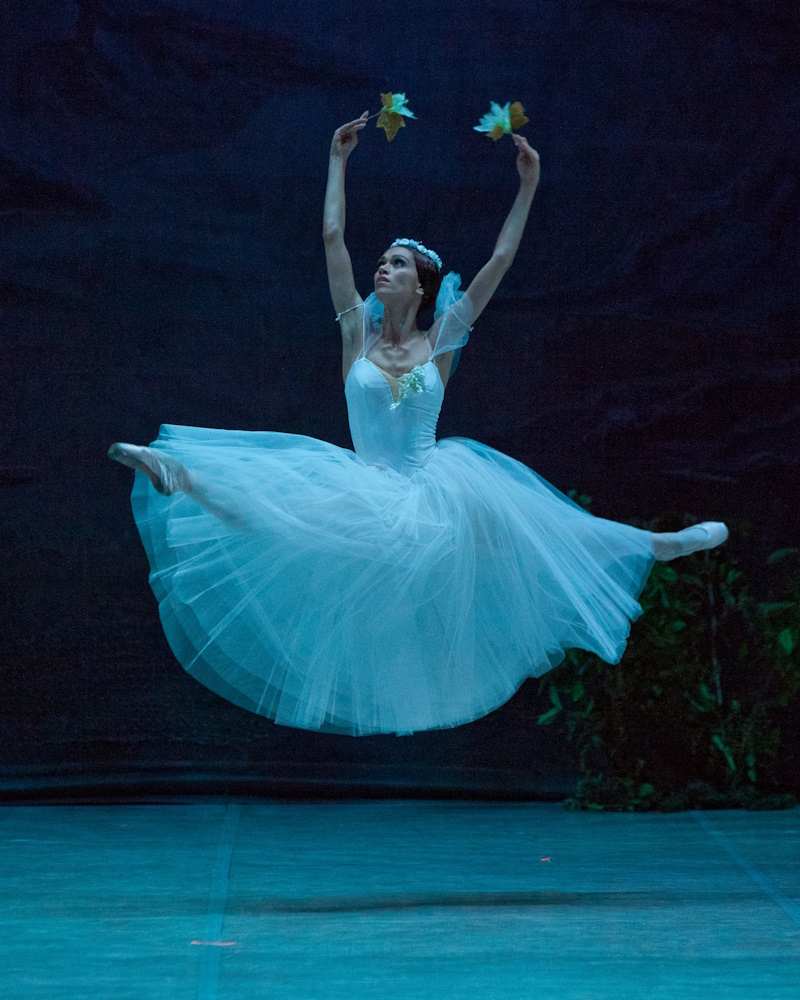Giselle
ballet in two acts
music by Adolphe Adam
“Giselle” ballet is one of the most famous classical ballets, the pinnacle of ballet romanticism, the standard of poetic and dance spirituality. This masterpiece adorns the posters of many theatres around the world, and the most famous masters of the ballet stage consider it fortunate to have leading roles from this famous work in their repertoire. A touching, subtle story about love, about real sincere feelings that overcome all obstacles, has been winning the hearts of viewers for the second century.
The plot is based on an old German legend about the “Wilis”, brides betrayed by their lovers and dying of grief before their wedding. At midnight, the legend says, the Wilis come out of their graves and dance. Woe to the traveller who meets them, the Wilis involve him in their round dance and circle him until he falls dead.
The village girl Giselle trustingly and sincerely falls in love with a handsome young man, Albert, not suspecting that her beloved is a rich aristocrat. He reciprocates her feelings, but his plans do not include marrying a simple girl. Giselle dies, unable to survive the deception of her lover, Albert, who hid his high title and his upcoming marriage to another. Even after becoming one of the Wilis — the vengeful spirits of deceived brides — Giselle, with the power of her all-forgiving love, saves Albert from death.
The premiere of “Giselle” ballet staged by J. Coralli/J. Perrault with a libretto by T. Gautier took place on the stage of the Paris Grand Opera in June 1841, and in 1843 the performance was first shown at the Bolshoi Theatre in Moscow.
“Giselle” ballet was staged in 1991 at the Russian Ballet Theatre in the version of People’s Artist of the USSR V. Gordeev, who, being the premier of the Bolshoi Theatre, was considered one of the most brilliant performers of the role of Albert.
Gordeev’s production impresses with its refined intonation and harmony, and can be watched without blinking. For more than thirty years it has graced the theatre’s repertoire, immersing audiences in the magical world of musical theatre. Dance becomes the language of the soul, and the coherence of the corps de ballet, for which Gordeev’s troupe is so famous, turns the stage action into a fantastic illusion.
Libretto by Théophile Gautier and Jules-Henri Vernoy de Saint-Georges
- ChoreographyJean Coralli, Marius Petipa, Viacheslav Gordeev
- Stage productionViacheslav Gordeev



